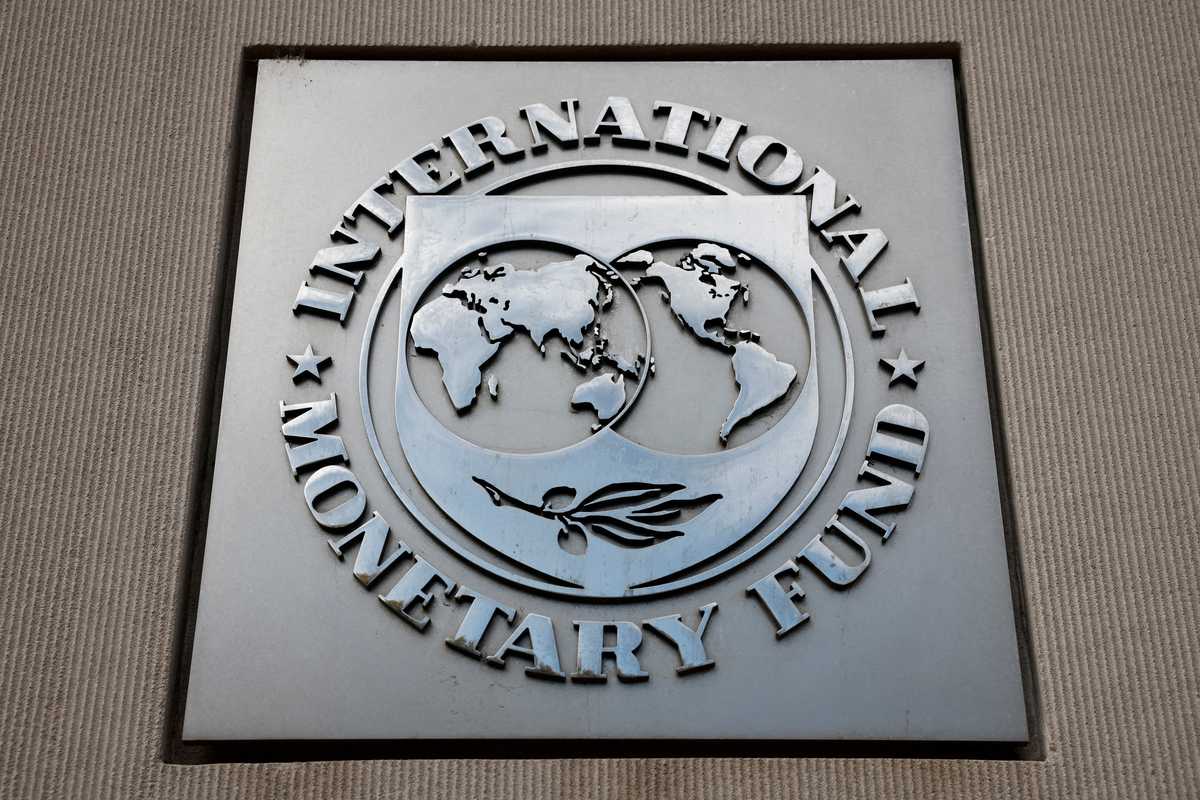IMF team to visit Pakistan on April 4 for crucial budget talks
The visit comes as Pakistan prepares to present its annual budget in the first week of June
Business Desk
The Business Desk tracks economic trends, market movements, and business developments, offering analysis of both local and global financial news.

An International Monetary Fund (IMF) delegation is scheduled to visit Pakistan on April 4 to finalize the country’s fiscal year 2025-26 budget, including revenue measures and expenditure controls, sources told Nukta.
The visit comes as Pakistan prepares to present its annual budget in the first week of June.
The government had pushed for tax cuts in key sectors, including construction, tobacco and beverages, but the IMF rejected most of these proposals, particularly on tobacco, citing public health concerns.
The lender believes reducing taxes on tobacco would increase healthcare costs and has dismissed industry arguments that high taxation fuels illicit trade.
Pakistan’s Health Ministry has also advocated for higher tobacco taxes, opposing calls from the industry to lower duties. Tobacco companies operating in Pakistan argue that excessive taxation is shrinking legitimate sales and boosting the black market.
Revenue targets revised downward
The IMF has agreed to lower Pakistan’s revenue collection target for the current fiscal year from PKR 12.97 trillion to PKR 12.33 trillion, acknowledging shortfalls in tax collection. The Federal Board of Revenue (FBR) is struggling to meet its monthly targets, with the agency expected to fall more than PKR 100 billion short of its PKR 1.22 trillion target for March.
Tax revenue remains a key issue for Pakistan as it seeks IMF support for its fiscal policies. The government’s inability to meet collection goals has increased pressure on the FBR to enforce stricter tax compliance measures while curbing exemptions.
New levy on captive power plants
In an effort to ease electricity costs, Pakistan and the IMF have agreed to impose a levy on captive power plants that use gas, with the revenue from this tax allocated to provide relief to electricity consumers. Under the plan, the levy is expected to lower the electricity tariff by PKR 1 per unit.
Pakistan is also working on a broader relief package for electricity consumers, which is expected to be announced with the IMF’s approval. The government has been under pressure to address rising energy costs, which have fueled inflation and public discontent.
The IMF’s visit in April will be critical for Pakistan as it finalizes budgetary measures ahead of the new fiscal year. With limited fiscal space, the government faces tough negotiations over tax policy, spending priorities, and economic reforms required under the IMF program







Comments
See what people are discussing